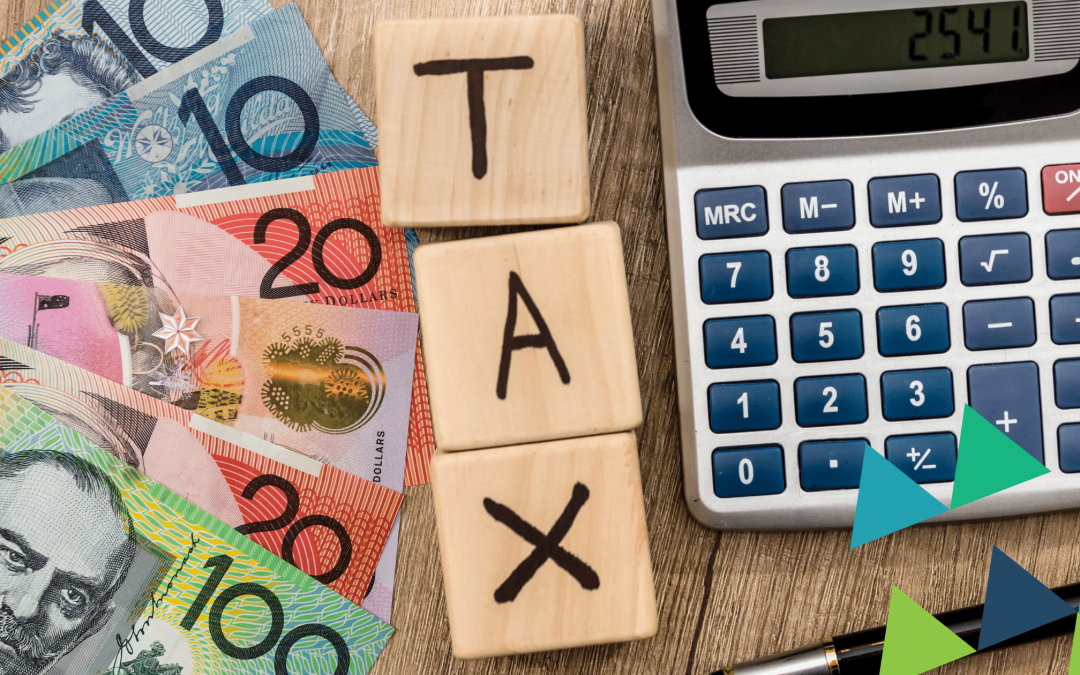The end of the 2020/21 financial year is fast approaching and with company tax rates for eligible small businesses to reduce from 26% to 25% there is an additional incentive to undertake some tax planning before it is too late.
With eleven months of the financial year behind us you should be able to make a reasonable estimate of your current year profit and tax payable. There are a number of options available to businesses looking to reduce their current year tax payable amount.
Temporary Full Expensing (TFE)
Businesses with aggregated turnover under $5 billion can immediately deduct the business portion of the full cost of NEW eligible assets rather than the cost being claimed over a number of years though the depreciation system. If your turnover is less than $50 million TFE also applies to USED eligible depreciating assets. Buildings, capital works and assets not located in Australia ae not eligible for TFE and motor vehicles are subject to the Depreciation Cost Limit of $59,136.
Superannuation
Superannuation for your employees is only deductible if it has been paid to the fund. With most payments now being processed through a Clearing House you should confirm the last possible date that you can make contributions for them to be deductible in the 2010/21 year.
Individuals may wish to top-up their employer contributions by making additional personal deductible contributions subject to annual contribution limit of $25,000 or take advantage of the catch-up provisions to utilise unused Concessional Contribution Caps for 2018/19 and 2019/20 years.
Bad Debts
Review your trade debtors with a view to identifying any that may no longer be collectible. These could be written off as bad and are thus deductible.
Stock Obsolescence
Many businesses carry obsolete stock which will most likely never be sold. If you do not feel that the item will ever be sold/used then it can be classified as obsolete and does not need to be included in your annual stock valuation.
Prepayments
Subject to the prepayment rules, some expenses can be pre-paid and claim the full amount in this financial year.
Loss Carry-Back Rules
Typically a tax loss made in one financial year is carried forward and can be offset against future year taxable profit. Under these new rules a company may actually be able to use a current year loss to reduce tax paid in a previous year when a profit was made. This is done by claiming a refundable tax offset in the 2020/21 or 2021/22 tax return.
Farm Management Deposits
Primary Producers can make a deposit to a special account called a Farm Management Deposit account with their bank. By doing so they receive a full tax deduction for the amount
deposited in the year of deposit provided the funds are not withdrawn within 12 months. If you withdraw all or part of the deposit after 12 months, that amount becomes assessable income of the financial year in which it is withdrawn.
The options outlined above each come with their own set of eligibility and deductibility rules and conditions so it pays to contact us here at TSP Accountants to discuss which options are best suited to your particular situation. Contact us on 49 26 4155 or email us ad***@****************om.au
- Self Education Deductions - 12/12/2025
- PayDay Super Is Coming - 05/12/2025
- SMSF Trustee Duties Explained - 14/11/2025

